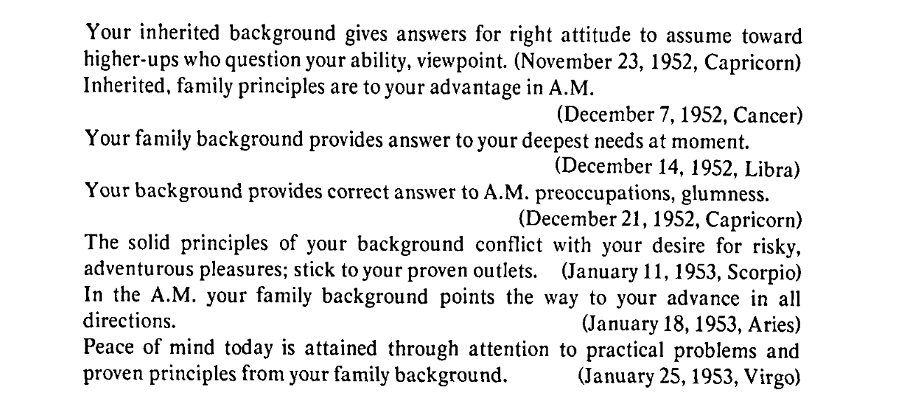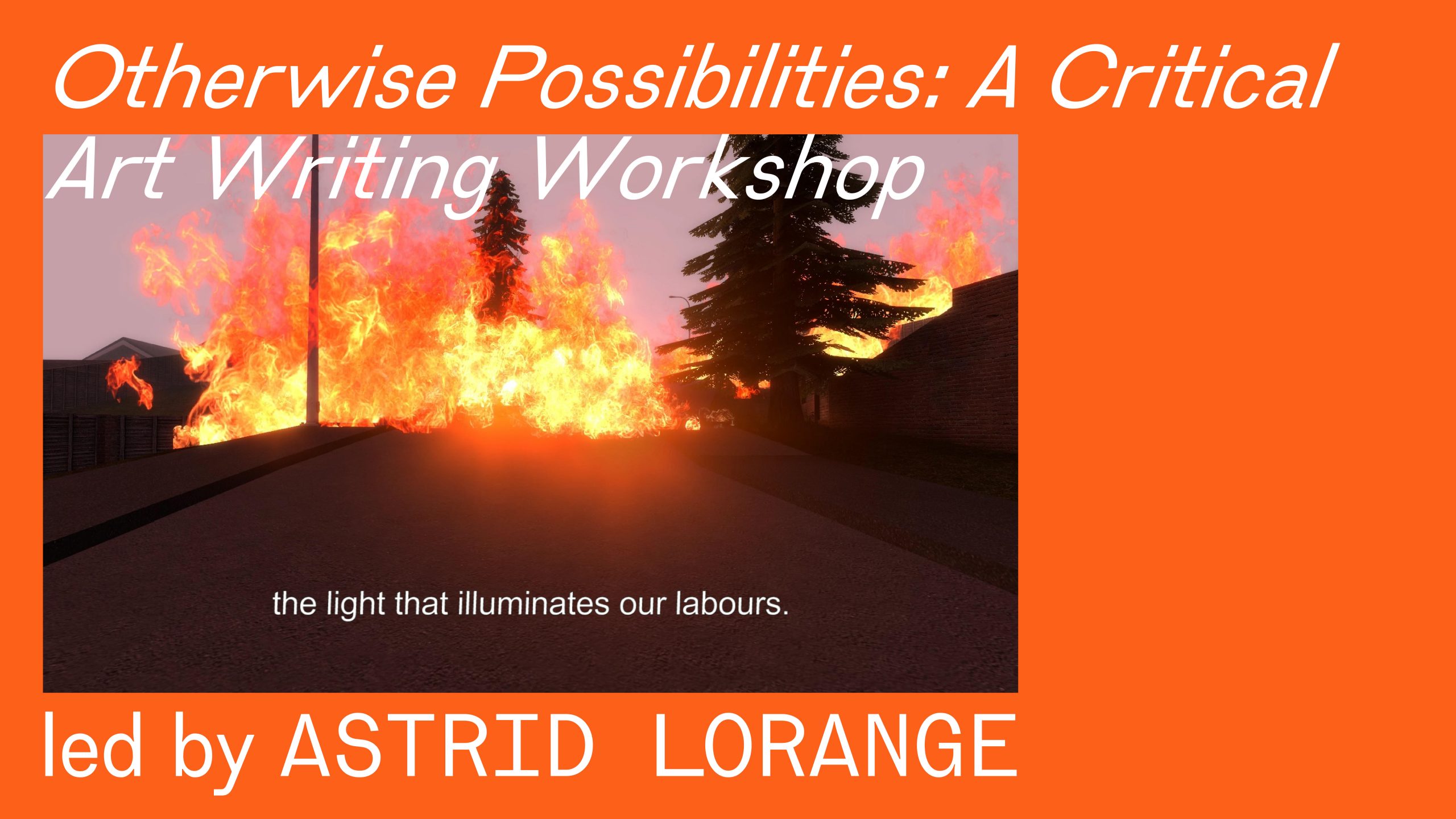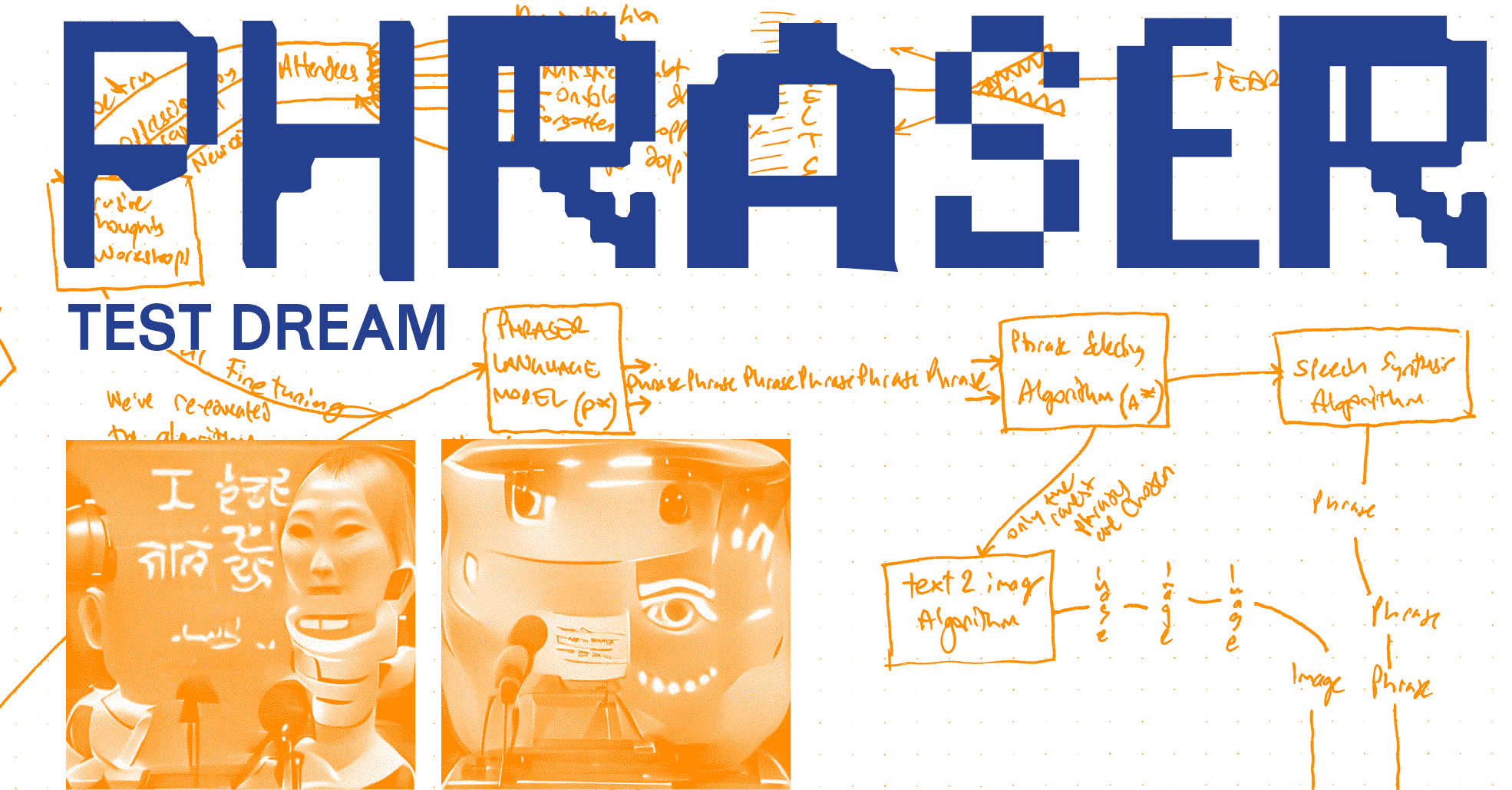Multiplicity and the Sun by Angelita Biscotti
“You think your pain and your heartbreak is unprecedented in the history of the world, but then you read. It was books that taught me that the things that tormented me most were the very things that connected me with all the people who were alive, who had ever been alive.”
– James Baldwin (Sun, North Node, Neptune in Leo)
“A lover will cling not only to ‘defects’ in the loved ones. Worn clothes and a wonky gait will bind him far more durably, far more inexorably than any beauty. If the theory is true that feeling does not lodge in the head, that we feel a window, a cloud, a tree not in our brain but in the place where we see them, when we look at the loved one we are likewise outside ourselves. But in this case painfully stretched and tugged. Here, in the shortcoming, in the less-than-perfect, the admirer’s burst of love, swift as an arrow, hits home.”
– Walter Benjamin (Mercury in Leo, Sun in Cancer)
The sun rules Leo, and the sun is in Leo at the time of this writing. Astrology is about the sun, but not in the way the sun is usually considered in astrology, specifically, in the matter of the sun-sign horoscope column whereby the month of one’s birth occurs in a ‘sign’ that that ‘says something’ about a person’s personality, career prospects and romantic possibilities. Astrology is about the sun because everything that happens in Western astrology occurs along the ecliptic, the apparent path of the sun around the earth. We know now that the earth travels around the sun, but the ancient communities that first developed astrology could not know this. They would only observe the sun changing position in the sky relative to their own earthly dwelling. The Rising Sign is the sign on the eastern horizon, where the sun rises, the moment one emerges from the mother’s body. The Midheaven marks the highest point in the sky, where the eastern hemisphere meets the west, where the sun was at noon on the day of your birth. The strength of the houses in the horoscope depends on their position relative to the Ascendant, whose light emerges from the point where the sun’s path begins. The seasons are caused by access to the sun’s light. The sun enables life. The sun enables time.
In a scathing 78-page critique of the sun-sign newspaper astrology of the 1950’s (that didn’t spare professional astrology trade publications, soap operas, science fiction, popular movies and happy endings), Theodor Adorno accuses astrology of endorsing a limp grip on personal responsibility for the unfolding of one’s life. According to the sun-sign column, personal success and failure are enabled not by one’s will or broader social inequalities, but by the movements of celestial objects that only the astrologer has the authority to translate. Of all the possible messages that could travel to earth from on high, the messages that make their way into the doorsteps of newspaper subscribers are banal, familiar refrains packaged as provocations from planetary gods on high. Popular amongst the 1950’s equivalent of today’s consumers of Broadsheet or Co-Star, astrology, Adorno writes, “does not teach its followers anything to which they are not accustomed to by their daily experience; it only reinforces what they have been taught anyway consciously and unconsciously. The stars seem to be in complete agreement with the established ways of life and with the habits and institutions circumscribed by our age. The adage ‘Be yourself’ assumes an ironical meaning” (Adorno, 1994, p. 36).
Adorno’s not wrong about some things. 1950’s sun-sign columns were shit. Here is one of many examples he cites:

From Adorno’s The Stars Down to Earth and Other Essays on Irrational Culture, p. 62
Reading them now is like looking at vintage magazine ads for girdles and pantyhose next to advice columns that told young single women how to land older millionaire gentlemen – or viral Twitter posts about the kind of partner suited to you based on your ‘sign’ or fashion magazine articles about the way Venus retrograde compels you to do regrettable things to your hair, that the ad on the next page promises to remedy.
What’s concerning about this essay is the absolutism, the certainty, the smugness. The way someone meant to be anti-dogma comes across as the finger-wagging fact whisperer throwing a bucket of rain over your parade, telling you it’s for your own good because Daddy can never be wrong and by the way, everything that gives you the slightest bit of chill on a shit day binds you to the structures that further your own alienation from your individual human potential as well as the collective good. Daddy knows this to be true because he probably has never had to work bullshit jobs, because he’s made the right life choices and his opinions fetch air time decades after death. His faith in the horoscope readers’ absolute faith in the literal details of the column is amusing. The possibility that members of the public might be able to consume pop-cultural forms with ironic detachment, or that creatives at the bottom of the culture industry food chain might be self-aware bullshit-jobbers, seems lost on him.
Yes sun-sign astrology – and birth chart astrology in general – can be banal and narcissistic. Every time someone inboxes me about something Co-Star ‘taught them’ about their art fuckboy situationship, I hear the death knell of a brain cell. ‘Co-Star isn’t in that relationship with him,’ I want to say. ‘You are. What do you think?’
Yes astrology can and does breed the danger of knowingness (and maybe it takes an equally smug Frankfurt scholar with a Virgo Sun and Ascendant to point this out). Knowingness is a defence against the natural anxiety that emerges from the experience of being alive on earth as a conscious subject. Turning to the stars and the charts is an attempt to displace the anxiety – this was just as true for the ancient sovereigns, the medieval merchant, and today’s lockdown worker-from-home seeking, literally, ‘some kind of sign’ in something greater than ourselves. And yes the media astrologer or a celebrity birth chart reader who pockets north of 200 USD for a one-hour consultation, relies on a manufactured authoritarian guru aura – an aura made spicier by the fact that people who turn to astrology do so in the midst of a terrible month or a terrible life.
I wish Adorno could see how femmes, trans, queers and astrologers of colour today have repurposed techniques originally designed for the perpetually anxious slave-owning white men of the ancient world, for women, femmes, trans, queers and people of colour who struggle with different modes of anxiety about the experience of being alive. The anxiety of risking eviceration because of how you are visible in a world built to shut you out. I wonder what Adorno would say about the moments of resonance in a client counselling session, when a little giggle squeezes out from a guilty smile during a client’s “Oh shit” moment, when discussions about Saturn or Mars placements create space for people to call themselves out on unhelpful emotional patterns they’ve been repeating.
Consider this image: Adorno going for a morning cuppa, getting the paper, accidentally turning to the horoscope page when his intention was to read the latest opera review, getting triggered by something someone said about Virgos. Think about what the Virgos in your life would do. The most Virgo thing in the world is the determination to erase all traces of Virgo-ness. Like Annie Edison trying to show how not-uptight she was in Community Season Three Episode Seven, and then, in the next breath, asking Britta if you say “loosey-goosey” or “goosey-loosey” when someone who really was loosey-goosey would not think to do so. In writing this essay, Adorno may have unwittingly revealed his self-hating Virgo-hood on full throttle. Ruled by Mercury, Virgos express contempt through lengthy, surgical, masterfully argued exposition. Writing 78 pages of criticism about a pop culture form you revile with every fibre of your being is the scholarly equivalent of the hate-fuck.
True, astrology can, has, and continues to enable capitalism and empire, but many femme, trans, queer and POC astrologers practicing today have also used it to facilitate queer dating, art, compassion for those who are different, curiosity about a self that’s always been shoved into boxes, diagnoses, stereotypes, slurs. Adorno’s arguments might have been right for his moment, but they fail to capture the whole picture today. Astrology is, but more importantly, astrology does. What is it we do when we do astrology?
In its finest moments – often in unseen quiet spaces, maybe with an astrological counsellor or curled up in bed alone with an astrology book that sings to you in ways you’ve never been sung to – astrology enables a visibility that is only possible through deep and loving listening. You watch yourself witnessing the light and dark within you. You notice the ways you were right and wrong about yourself. You realise you are not your patterns, that you can be a different breed of Capricorn or Cancer than what you’ve always been told, by people who may have meant well but didn’t know you. With each new day, the sun casts its light across a different sky. You too are capable of transformation.
Bibliography
Adorno, Theodor W. 1994. The Stars Down to Earth and Other Essays on the Irrational in Culture.London: Routledge.
Graeber, David. 2019. Bullshit Jobs: A Theory. New York: Penguin Press.
Sparkly Kat, Alice. 2021. “Why Those US Army Astrology Memes Felt So Cringey.” Cosmopolitan, June 15, 2021.
Sparkly Kat, Alice. 2021. Postcolonial Astrology: Reading the Planets through Capital, Power and Labor. Berkeley, California: North Atlantic Books.
Prado-Richardson, Tabitha. 2019. “Who Needs Astrology?” The Lifted Brow 41.
Angelita Biscotti is a Boon Wurrung Country-based Spanish-Filipinx queer astrologer available for birth chart readings via Zoom. @angelita.biscotti








